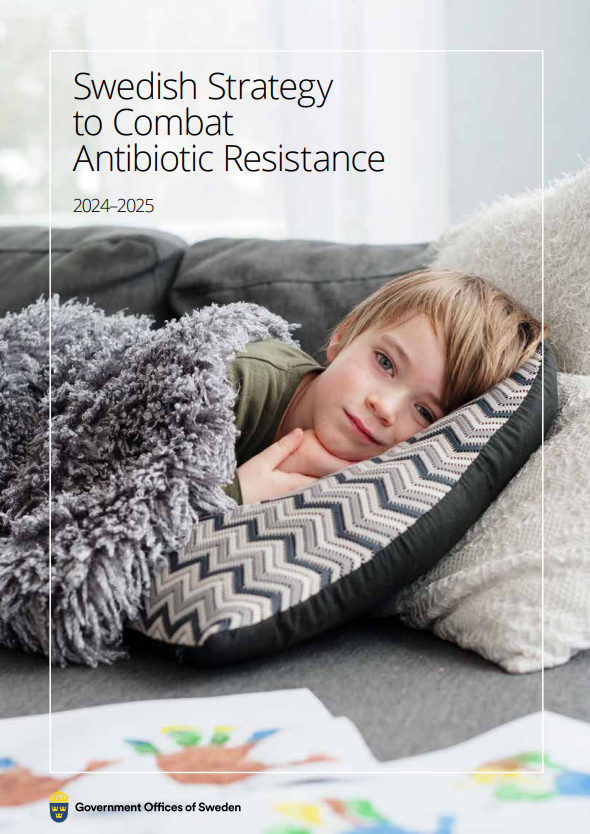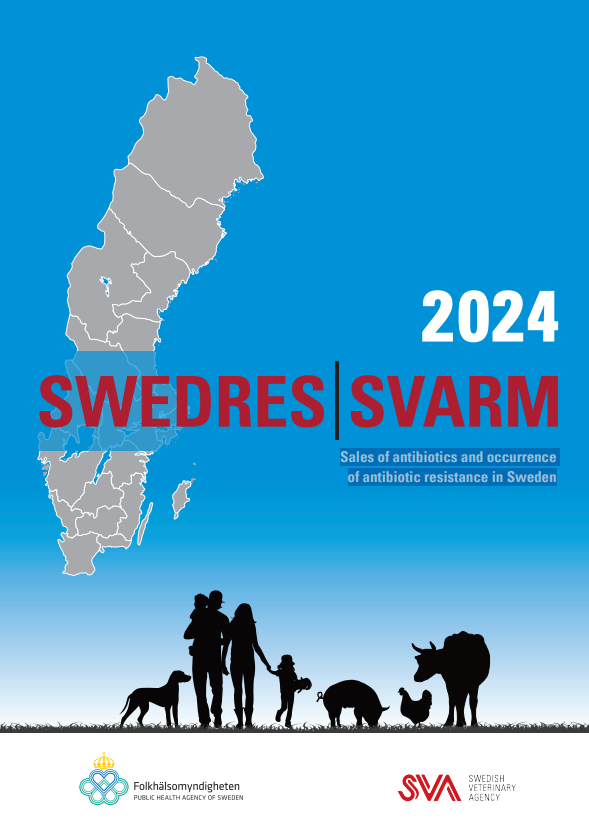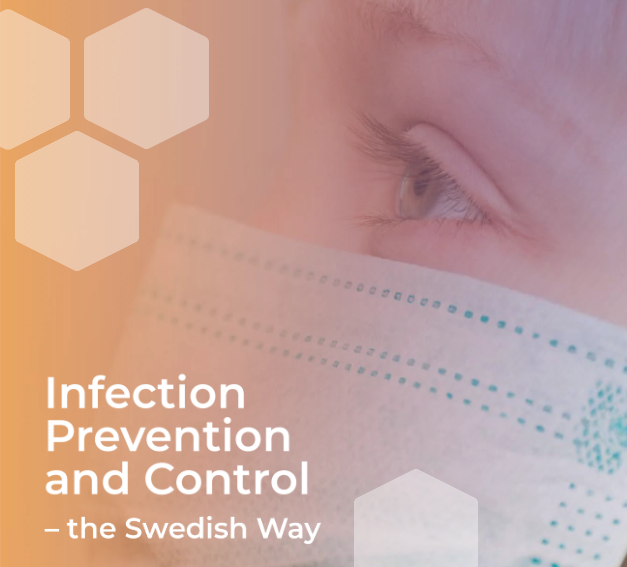Infection prevention & Control
Sweden is a leader in infection prevention and control, offering effective solutions to reduce infections and improve patient safety across healthcare settings. Swedish companies contribute with innovative consumables, sterilisation systems, workflow optimisation tools, diagnostics, infrastructure solutions and targeted treatments. Will you collaborate with Sweden to build a safer, more resilient future?
The Challenge
The global fight against AMR and infections
Antibiotic and antimicrobial resistance (AMR) is one of the most pressing global health threats, often referred to as the silent pandemic. Without action, AMR is projected to cause up to 10 million deaths annually by 2050.
In 2021, AMR was directly responsible for 1.27 million deaths and associated with nearly 5 million deaths globally. In Europe alone, an estimated 133,000 people die from AMR-related causes each year. It is a growing public health crisis that threatens the foundations of modern medicine and global development.
Healthcare-associated infections (HAIs) are the most frequent adverse events in care delivery worldwide. In high-income countries, about 30% of ICU patients are affected by at least one HAI. In low- and middle-income countries, the risk is estimated to be 2–3 times higher, placing an enormous burden on patients and health systems.
How can we join forces globally to prevent infections and stop resistance from spreading?
Swedish Excellence
Sweden as a model - a one health approach
Sweden has long recognised the threat of antibiotic resistance and has implemented measures for many years to prevent the spread of resistant bacteria and reduce unnecessary antibiotic use. The Swedish government has adopted a national strategy to combat antimicrobial resistance, grounded in the One Health approach.
A high-quality and well-organised healthcare system enables infection prevention and hygiene measures to be implemented consistently across the entire care chain.
Swedish companies contribute with innovative solutions that help prevent and reduce infections and enhance patient safety - ranging from sterilisation systems and smart workflows to diagnostics, infrastructure and targeted treatments.
Swedish international collaborations and export promoting activities:
The Swedish Government has adopted an updated strategy to combat antibiotic resistance (AMR). The overarching goal continues to be preserving the possibility of effective treatment of bacterial infections in humans and animals.
Quiz
Infection control contributes to reduced spread of infection and sustainable use of antibiotics?
The correct answer is ✅True. Infection prevention and control initiatives work to limit the spread of infections and resistant bacteria in health care facilities, long-term care and congregate settings, in the community and in animal farming. Poor sanitation and hygiene increases the risk for spread of drug-resistant infections, which can result in prolonged illness, hospitalization, and increased costs of health care and production of animal source foods. Effective infection control practices reduce the need for antibiotics, prevent the spread of infections caused by multidrug-resistant bacteria, and help to curb the emergence of antibiotic resistance. Good IPC programmes can reduce health care infections by 70%.
Less than 40% of countries have put in place infection prevention and control programmes for AMR?
The correct answer is ✅True. Only 25% of countries have implemented a national policy to tackle AMR. Less than 40% of countries have put in place infection prevention and control programmes for AMR. Globally it is estimated that only half of antibiotics are used correctly.
Is it true that 1 in 10 patients get a healthcare associated infection while receiving care?
The correct answer is ✅True. Read more at https://www.who.int/health-topics
Was 1975 the year the Swedish strategic programme against antibiotic resistance was founded?
The correct answer is ❌False. The Swedish strategic programme against antibiotic resistance was founded in 1995.
Is sterilization the process by which all life forms are destroyed?
The correct answer is ✅True. A sterile surface/object is completely free of living microorganisms and viruses. Sterilization procedures kill all microorganisms. Methods used in sterilization procedures include heat, ethylene oxide gas, hydrogen peroxide gas, plasma, ozone, and radiation.
Latest publications and Swedish actors within this area

The Swedish Strategy to Combat Antibiotic Resistance
The Swedish Government accords high priority to the issue of antibiotic resistance. The overarching objective of the Swedish Strategy to Combat Antibiotic Resistance is to preserve the possibility of effective treatment of bacterial infections in humans and animals. Finding new ways of preventing and treating infectious diseases is ultimately a matter of our future welfare. The strategy will apply until the end of 2025.
Read more about the Swedish Strategy to Combat Antibiotic Resistance
Swedres I Svarm 2024: Sales of antibiotics and occurrence of antibiotic resistance in Sweden
A report on Swedish Antibiotic Sales and Resistance in Human Medicine (Swedres) and Swedish Veterinary Antibiotic Resistance Monitoring (Svarm). Published by: Public Health Agency of Sweden and National Veterinary Institute.
Read the full report
Infection Prevention and Control - the Swedish Way
Swecare continues to showcase Swedish solutions in Infection Prevention and Control and for the global fight against Antimicrobial resistance (AMR). Several examples are gathered in Swecare’s brand new interactive brochure!
Explore our brochure
ReAct - Action on Antibiotic Resistance
Created in 2005 ReAct is one of the first international independent networks to articulate the complex nature of antibiotic resistance and its drivers. ReAct was initiated with the goal to be a global catalyst, advocating and stimulating for global engagement on antibiotic resistance by collaborating with a broad range of organizations, individuals and stakeholders.
Visit www.reactgroup.orgHow Sweden works with antibiotic resistance
The Public Health Agency of Sweden
The Public Health Agency of Sweden has a national responsibility for public health issues and works to ensure good public health. The agency also works to ensure that the population is protected against communicable diseases and other health threats.
The film presents how Sweden works with antibiotic resistance from a One Health perspective today. It also wants to show the incredible journey Sweden has made as a country over the past 150 years and how that development has been the basis for how we work with antibiotic resistance and the favorable resistance situation we have today. For more information visit www.folkhalsomyndigheten.se







